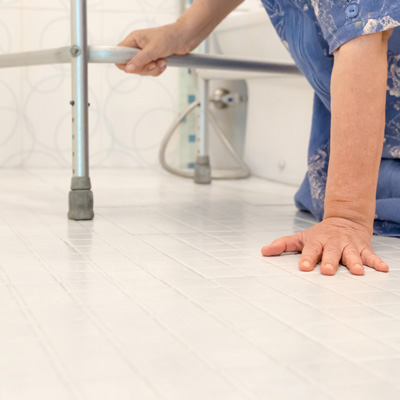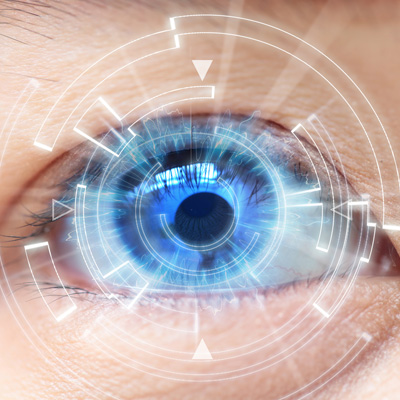Statin-related muscle pain and weakness may all be in the head, researchers say
TMR’s picks from the top medical journals:

Beware statin ‘nocebo’ effect
Statin-related muscle pain and weakness may all be in the head, researchers say, after a large study revealed muscle symptoms only increased when patients and their doctors knew the drug was being used.
When researchers blinded and randomised 11,000 patients, aged 40-79 years and with hypertension, to receiving either 10mg atorvastatin or placebo, they found that there were no excess reports of muscle-related side-effects in the statin group.
However, when patients were unblinded for the next phase of the trial, reports of muscle-related side-effects increased compared with those in the placebo group.
The findings should reassure doctors and patients that most of the drug side-effects were not causally related.

Vitamin D no help for falls
Taking vitamin D supplements will not help prevent fractures or falls among older, healthy adults, research from New Zealand has shown.
A double-blind RCT of more than 5000 people aged 50 to 84 years were given monthly doses of 2.5mg of cholecalciferol or a placebo over a four-year period.
Adults with low concentrations of 25-hydroxyvitamin D have been previously found to have an increased risk of falls and fracture.
But the researchers found no difference in the numbers of falls or fractures in those taking the supplement compared with the placebo group, despite 30% of the trial volunteers having low vitamin D levels.

No gluten risky in non-coeliacs
Restricting whole grains excessively if you do not have coeliac disease could increase the risks of cardiovascular disease, researchers say.
The US study of almost 65,000 women from the Nurses’ Health Study examined self-reported gluten consumption between 1986 and 2010 and rates of coronary heart disease.
Despite the perception that gluten could be harmful even in the general population, the authors found that long-term dietary intake of gluten was not linked to increased rates of coronary heart disease after adjusting for risk factors.
They warned that avoiding gluten could, instead, lead to lower intake of whole grains which were known to be associated with reduced cardiovascular disease.

Eye on the future
Surgeons have used a remote controlled robotic system to operate inside the human eye, paving the way for future robotic assistance in clinical treatments that require extreme precision and stability, such as the controlled delivery of gene therapy and stem cells.
Twelve patients requiring surgery on their retinas were operated on as part of a randomised clinical trial, with six having surgery with the robot and six receiving the standard human manual approach.
In the robot group, the total number of retinal micro-haemorrhage events was two, compared with five in the manual group.


